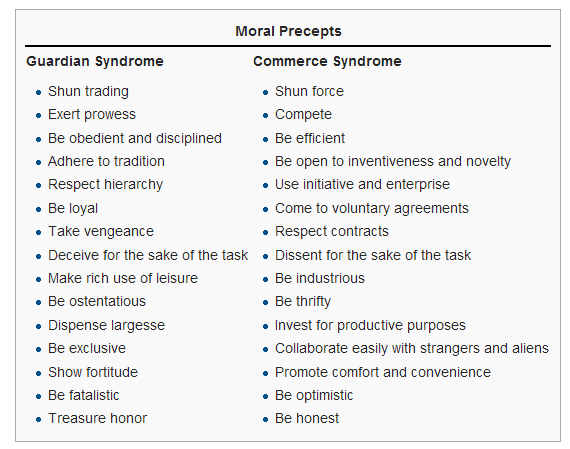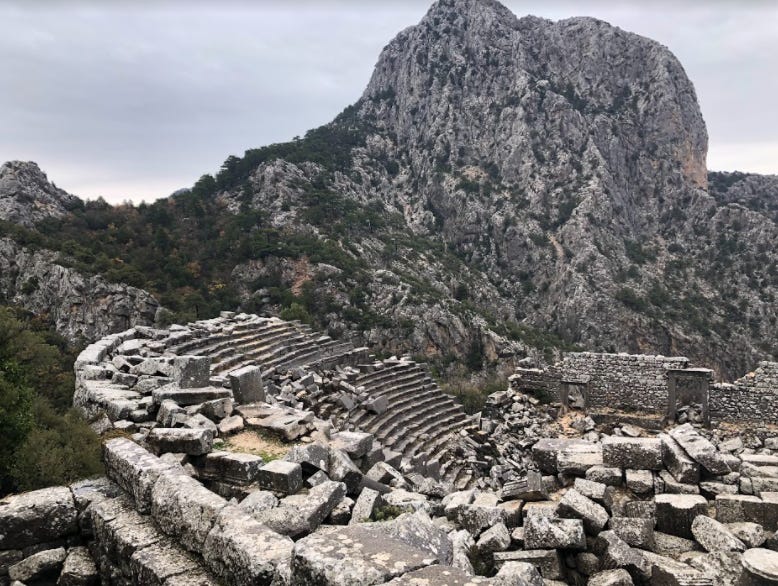Of upstart entrepots and dying empires
Kicking off the New Year, I started reading City of Fortune, a wonderful history of Venice recommended by Venkatesh Rao and part of his 2025 Contraptions book club. It's great history, full of the hubris of a dying empire and the rise of scrappy literal swamp dwellers who forge a trading empire with grit and gumption. The latter of course is the now esteemed City of Venice. The book provides a fascinating history of the political economy and history that led to the rise of a powerful city state that forged an empire of trading posts across the Eastern Mediterranean.
The book is full of illuminating tid bits. I did not realize the full series of unfortunate events that led to the sack of Constantinople, a heretical action for a Christian crusade set out to liberate the Holy Land that ended up accelerating the decline of the Eastern Mediterranean's foremost empire. My previous model was that the crusaders stopped by there and got greedy. I did not realize the intrigue with the bet-the-city contract to transport the crusader army, the shortage of crusader funds and underlying misaligned incentives with the upstart Venetians and the Eastern Roman empire.
I also did not realize what a culture clash there was between the Greek Byzantine Empire, who still thought of themselves as Romans, the heirs of Augustus and Caeser who lived in a world class city of half a million people and dressed in togas. By contrast, the crusading French for example came from a kingdom whose largest city was an order of magnitude smaller. That was similar to the Venetians whose city was around 60-70k people at that time and also had a transformatively different worldview.
The Venetians were (in)famous at the time for trading with the Arabic caliphate out of Cairo and other infidels, much to the chagrin of the Holy Sea in Rome. The gulf reminds me of the difference between guardian and trader ethics described by Jane Jacobs and nicely summarized in this Ribbon Farm post here:
The Venetians, like any society, were not purely commerce syndrome and also had guardian aspects. Importantly, the nobility was closed off in an important historical event called the Serrata in 1296 and the city became more oligarchic, particularly compared to its major regional rival of Genoa. The following journal article provides a nice economic analysis of the shifts in political institutional arrangements inside Venice and how evolving international trade played a role there.
“In this section we review three key events in Venetian history through the lens of our model. First, we provide new evidence from the period 1261–1296 that mobility into and out of the Great Council was eroding the power of many established families. Second, we argue that this erosion is essential for understanding the Serrata of 1297–1323, the most important constitutional event in Venetian history. Norwich (1977, p. 181) describes the Serrata as “The Oligarchs Triumphant.” Third, we show that toward the end of this period and culminating in the early 1330s, a series of laws were passed that severely restricted the ability of non-nobles to engage in long-distance trade. Furthermore, among nobles, it was the most powerful nobles who benefited most from these restrictions.”
This paper still left me with several lines of future inquiry.
In the wake of the sack of Constantinople, Venice established an overseas empire. I wonder how the ability to extract rents from the overseas Latin empire in Crete and other Greek trading ports played a role in the Serrata. This is a very economist-ey analysis and there can also be status games in getting those limited administrative positions as well as rent seeking. That played a role later on with the Venitians in Crete revolting in 1363.
When the Genoese attacked Venice with the Kingdom of Hungry and I believe another Po valley city the Venetians used the expansion of the nobility as part of a last ditch rallying cry
Relatedly I also wonder why the Byzantines abandoned their trading empire. I wonder if that had to do with bureaucratization of incentives towards owning land rather than trade and the like.
I'm about 70.42% of the way through the book so still am thinking out loud here though would encourage you to join the book club. More to come.
Further reading
Here are several works of science fiction that feature themes of Byzantine-esque empires and upstart entrepots. This period to me seems under-studied though very much figures in the collective imagination.
The Collapsing Empire deals with a climate-like slow moving disaster and great themes around the difficulty of even an incredibly powerful imperial figure to shift deeply embedded societal structures.
The Prince of Nothing series provides a fun pulpy story and also a great philosophical romp.
A Memory Called Empire focuses on an ambassador from a small trader type space station visiting a much larger, much more Byzantine in its complexity empire. Worth reading!
Right before the start of the plague years, I had the opportunity to visit Turkey with an old friend and my wife. It's an amazing country and also a fascinating place to explore Roman ruins.
TAEcation! Turkey Edition | Notion

Lastly here is my chat gpt thread that I used while reading that aforementioned journal article and writing this post:
ChatGPT - Colleganza Definition and History





